
On 11 March 2020, World Health Organisation (WHO) has declared Corona Virus Disease or COVID-19 as pandemic, following the rapid increase of the confirmed cases around the world. Until 8 April 2020, COVID-19 was experienced by 211 countries with total of positive cases up to 1,214,466 worldwide. In Indonesia, since announced first time on early March 2020, positive cases have increased to 2738, 204 were treated, and 221 people passed away[1]. Several studies were conducted that the death rate due to COVID-19 was almost 15% for older old (80 years and older), 8% for middle old age group (70-79 years old), and 3.6% out of total cases was experienced by the young old (60-69%).[2] Not only that impacts on health sector, the pandemic has affected the older people’s livelihood considering that 28% of older people has their own business and most of them are in informal sector.
Based on this situation, YEU has initiated to conduct rapid need assessment for older people in Sleman District to see the impact of COVID-19 on older people. Aside from that, we included intergenerational groups in some villages as respondents who work with older people and provide self-help activity to the community in villages assisted by YEU’s program.
The rapid need assessment was first started on 27 March 2020 using qualitative method of data collection through Key informant interviews. There are 18 key informants who being interviewed including older people, management board or volunteers of Intergenerational Groups, officials from Social Agency and Community Health Center. The interview was done directly by management boards which has been trained how to conduct the interview and ask the questions based on the questionnaires. The interview was also done by YEU’s staffs through telephone
Awareness and Counter-measures against COVID-19
Most of older people accessed the information about COVID-19 from the community including authorities at sub-village and village level. TV and radio are also alternative media for middle old to access information. While for younger old (60-69 years old), they gathered the information about COVID-19 from social media (whatsapp groups). All of the older people respondents have known general information about COVID-19 such as cause of COVID-19, contagion, and how to prevent being infected by corona virus such as limit outdoor activities, wear face masks wherever they go and not only apply for sick persons, and regularly wash hands using soap, but nothing about the specific information on preparedness of COVID-19 for older people. There are older people who still do shopping by themselves, buying medicine, going to the health centers despite of the risks and worry. They have applied preventive measures such as using masks and avoid the crowds. The other asked their family members to do shopping.
Even though most of the older people respondents understand the importance of using masks, but only about 35% of the respondents are reporting having masks. Besides masks, the respondents also reported that disinfections have been done several times in every village. Some were done as initiatives from the Village Authorities and some were coming from community initiatives where they collected money from every household to get free hand-sanitizer and regular disinfection twice a week at the neighborhood. Not many organizations outside the village were participating in the counter-measures efforts, most of them came from the village such the youth, village emergency task-force, etc.
The other effort is by postponing community gathering such as women groups’ meeting, intergenerational groups’ meeting, exercises for older people, community planning meeting, etc. The respondents reported that if the meeting is urgent and need to be conducted, no more than 5 people must attend. They also have to first report to the village authority about the meeting. Religious activity such as Salah (Shalat) at mosque or Sunday services at church were also done at home, through live streaming from the radio or TV.
The closure of access to small roads in sub-village or villages is also done. In some areas there were reported spraying using disinfectant at the entrance of the sub-village by community members or neighboring’s unit leaders for each person who entered, though now it’s not recommended to doing so based on the advices from WHO. Visits from guests outside the area are also restricted. The interview shows that the older people are trying to obey the advice of the Government even though there is an uncomfortable feeling because they have to stay at home. However, they believe by following the Government's recommendations, they're feeling safe.
Impact of COVID-19 on health sectors
Most respondents reported that their health condition was quite good. Some respondents said that they tried to maintain stamina by eating healthy foods, drinking vitamins, getting enough sleep and calming their mind by praying/worshiping. However, there are also some older people who feel afraid, difficult, and worried so it impacts on their health such as rising blood pressure, sleep less soundly, or often having headache due to a history of previous illness. There are older people who convey that first time after this outbreak, she felt anxious and depressed, but after knowing prevention information and reducing reading/hearing uncomfortable news, the situation was gradually improved. Some older people tried to entertain themselves by doing their hobbies such as planting, sewing, or asking other’s condition by telephone or occasionally talking to neighbors from the front of the house.
Impact of COVID-19 on livelihood
Most of the older people respondents and IG management boards said that the COVID-19 outbreak had significant impacts on them, especially on the economic aspects. This is generally felt by those who have small businesses such as grocery shop or selling food offline. However, those who have businesses continue to open their businesses even though the number of buyers has dropped drastically. For example, a grocery shop that is managed by one of the IG management boards, before the outbreak can generate income up to Rp. 300,000 (approx. USD 22) per day, now the income is less than Rp. 100,000 (approx. USD 7). There is also an OP who run a Javanese noodle stall in his house that opens every night, currently has shortening his selling hours for fear of COVID-19 and buyers are also dropped, before COVID-19 he can sell about 40 bowls but at this time dropped by half. However, there is no change in the experienced by the older people who work in the fields. Daily farming activities are still carried out. One of the older people reported that a few months ago due to the hot weather, the rice fields did not harvest so that the supply of household rice was also reduced. The interview shows that the challenges of meeting daily food needs are a source of concern. From the price of food that began to increase, also limited food supplies in several places.
While IG management boards reported that there was a support given from the mosque, especially for the older people in the form of rice, instant noodles, and so on. Other management board took the initiative to distribute additional food and masks for the older people. The board also visited some member’s houses to check blood pressure, befriend for a while, and socialize the update information about prevention of COVID-19 in their neighborhood.
Within the scope of inter-generational groups, the outbreak of COVID-19 also impacts the implementation of IG regular activities such as monthly meetings, monthly health checks, exercises, and also micro-credit. In some IGs, they agreed that micro-credit repayments were postponed until May 2020 considering that most IG members felt the economic impact of the current outbreak situation.
Need Priority and Support
From the interviews, the priority needs reported from most of the older people include the fulfillment of basic needs such as rice, flour, eggs, and so on. Most respondents also expressed the need for vitamins, support for health checks, especially blood pressure for those who have a history of high or low blood pressure, the need for soap for washing hands or hand-sanitizer and also the provision of masks.
There’s also psychosocial support needed especially for older people. Most of the respondents said that they felt sad and troubled for not being able to gather with their friends, have meeting and sing or do exercises together.
From the results of the rapid need assessment, Recommendation for action include:
- Increasing awareness and understanding related to preparedness efforts for the older people and their families with language that is easily understood. This effort can be done one of them through radio.
- Provision of self-protection tools for the older people, management boards and the community in the form of cloth masks and socialization of the rules for their use, as well as the provision of cleaning facilities such as hand washing soap and hand-sanitizers.
- Cash transfer program in the form of food packages for the poor older people.
- Routine health checks such as blood pressure, pulse, blood checks (sugar, cholesterol, uric acid) for the OP with the health history by the nearest management board/volunteers and online health consultation referral (by phone or app) to the Health facility.
- Multistakeholder collaboration for data collection on elderly and families affected by COVID-19 for accessing available assistance to prevent overlap.
- Ensuring the older people with chronic diseases have access to ongoing and uninterrupted health services for both examination, medication, and treatment.
- Encouraging and involving older people in activities to help them get through isolation at home and improve mental health.
For more information please contact YEU +62 274 882477 or email yeu@yeu.or.id
[1] Source: https://www.covid19.go.id/ accessed on 8 April 2020.
[2] Source: https://katadata.co.id/berita/2020/03/03/risiko-kematian-virus-corona-menghantui-lansia-dan-pria-perokok accessed on 8 April 2020.
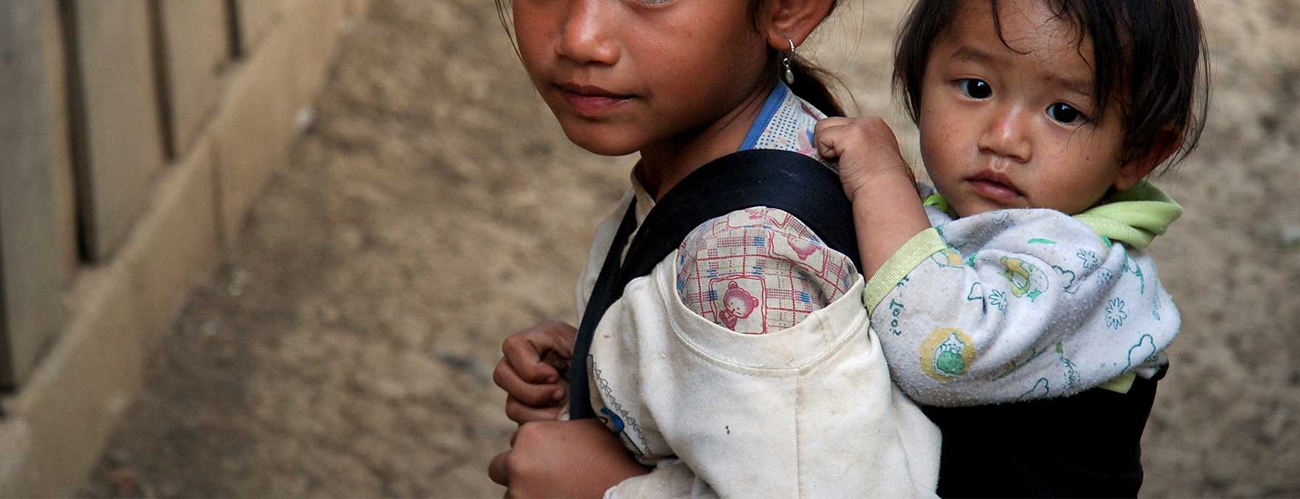
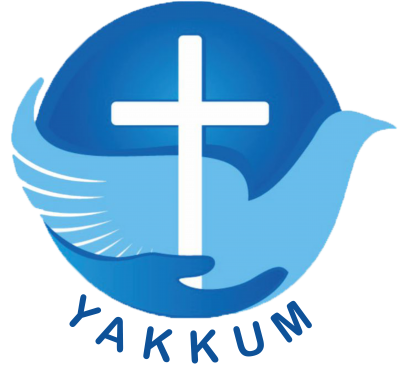
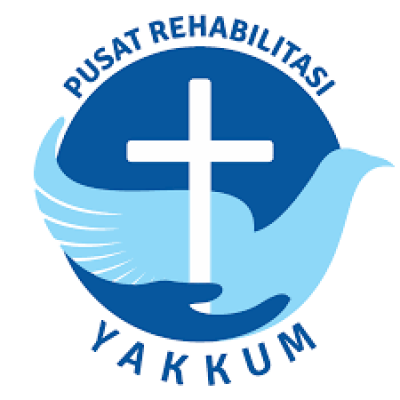

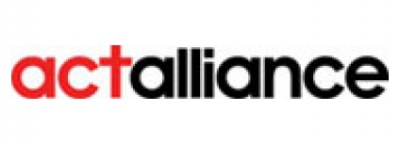
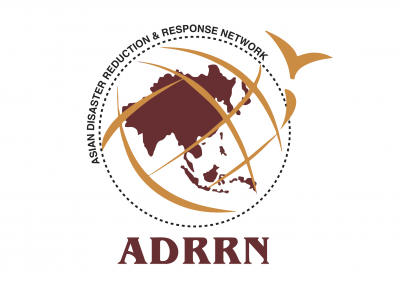
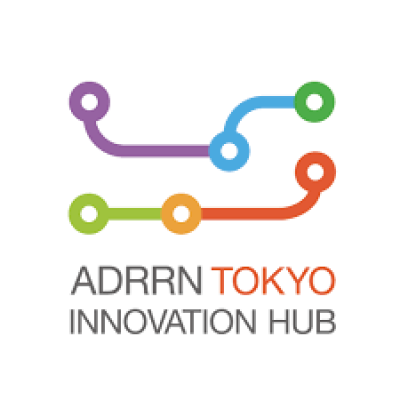



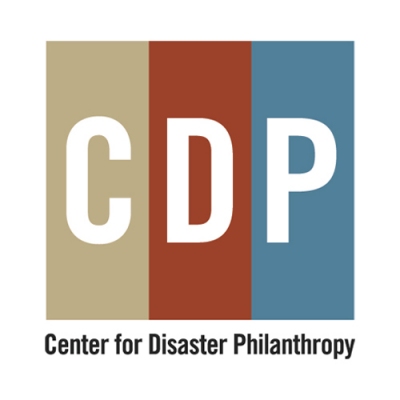
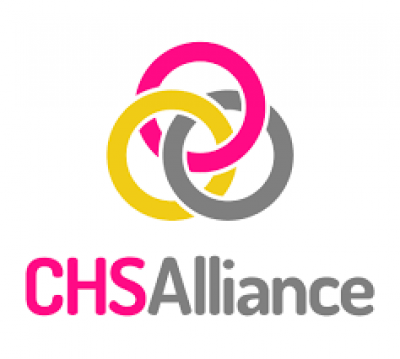

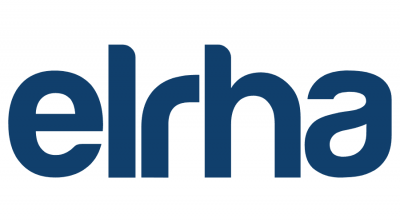
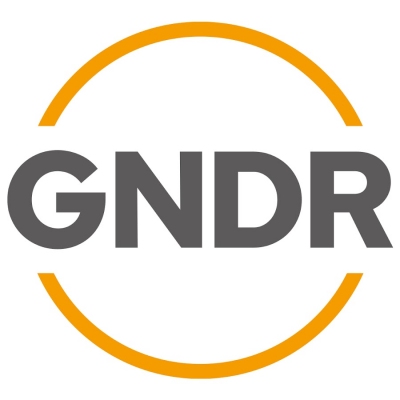

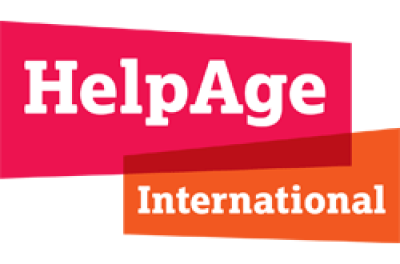






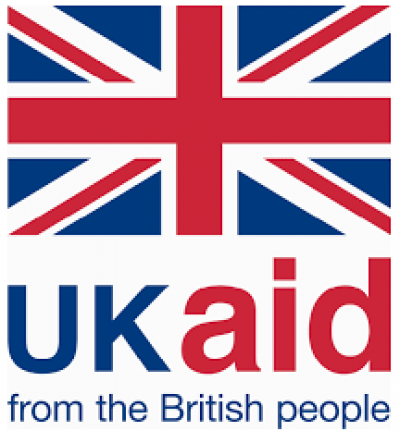

Social Media
@yakkumemergency
yakkumemergency
@YEUjogja